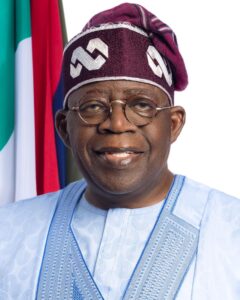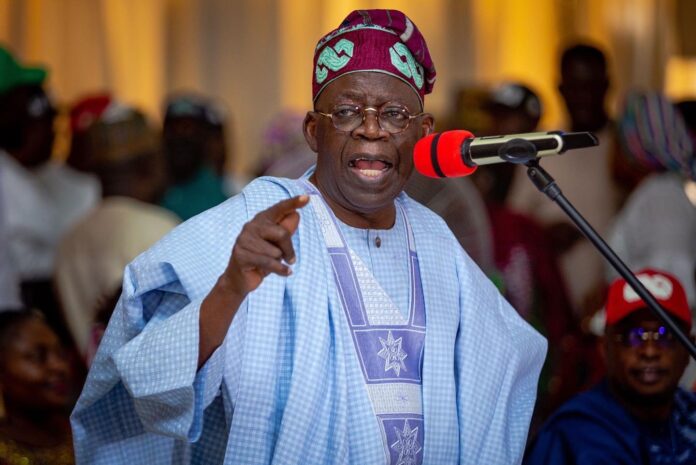As President Bola Ahmed Tinubu marks one year in office, Nigerians are struggling to make ends meet. The cost of living has skyrocketed, with basic goods and services becoming increasingly unaffordable. Jobs are scarce, and the security situation remains daunting. Despite promises of “renewed hope,” citizens are groaning under the weight of economic hardship.
According to the Federal Office of Statistics, the number of people living below the poverty line has increased in the last twelve months. The International Monetary Fund (IMF) and the World Bank have also acknowledged this reality. Yet, the presidency claims that revenues have increased exponentially, and the economy is on the path to recovery.
However, local manufacturers are struggling to produce due to high production costs, including energy, transport, and spare parts. Foreign firms have either ceased operations or relocated to other countries. The agricultural sector, critical for food security, is facing significant challenges, including violent displacement of farmers, high fertiliser costs, and poor financial support.

The working class is seeking salary and wage adjustments to cope with inflation, but the government has been dismissive of their demands. Threats of general strikes from labour unions have been met with disdain. Meanwhile, the wage freeze continues, and retrenchment threats loom large.
The security situation remains a significant concern, with security profiteers still operating with impunity. The IMF’s economic model, focused on short-term balance of payment adjustments, has not yielded the desired results. The social sector has been ravaged, with public schools, universities, hospitals, and transport in a state of disrepair.
The cost of governance remains prohibitively high, with politicians prioritising personal gain over public service. The legislative arm has allocated a whopping N370 billion for items like “running costs, contingency, and projects.” The executive arm is also guilty of waste and extravagance.
President Tinubu’s approach to federal budgeting involves pre-negotiated transactions, benefiting powerful interests at the expense of the masses. The formula for accumulation is simple: tax the people, collect rents, enrich crony contractors, and share profits amongst the inner circle.
In foreign policy, President Tinubu has sacrificed Nigeria’s vital interests to please foreign powers. His threat to intervene militarily in Niger has divided the sub-region, creating a Confederation of Sahel States and ECOWAS. France, in particular, has been happy to see Nigeria’s geo-strategic influence diminished.
The redeeming feature of President Tinubu’s administration is revenue mobilisation, but this has only benefited the rich. The poor continue to suffer, with the economic message being “hardship shall be your reward until you can sacrifice no more.”
The crisis is not just about President Tinubu’s failure but a system that is not workable. The national political and economic engine has “knocked.” It’s time for Nigerians to take their destiny into their own hands and demand a reset of the system. Hope is never renewed backward, only forwards. In twelve months, we have not moved forward, only backward. It’s time for change.




